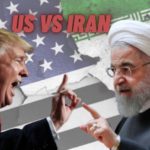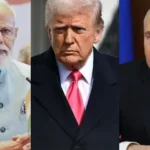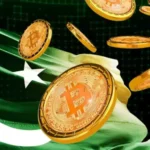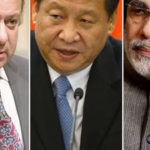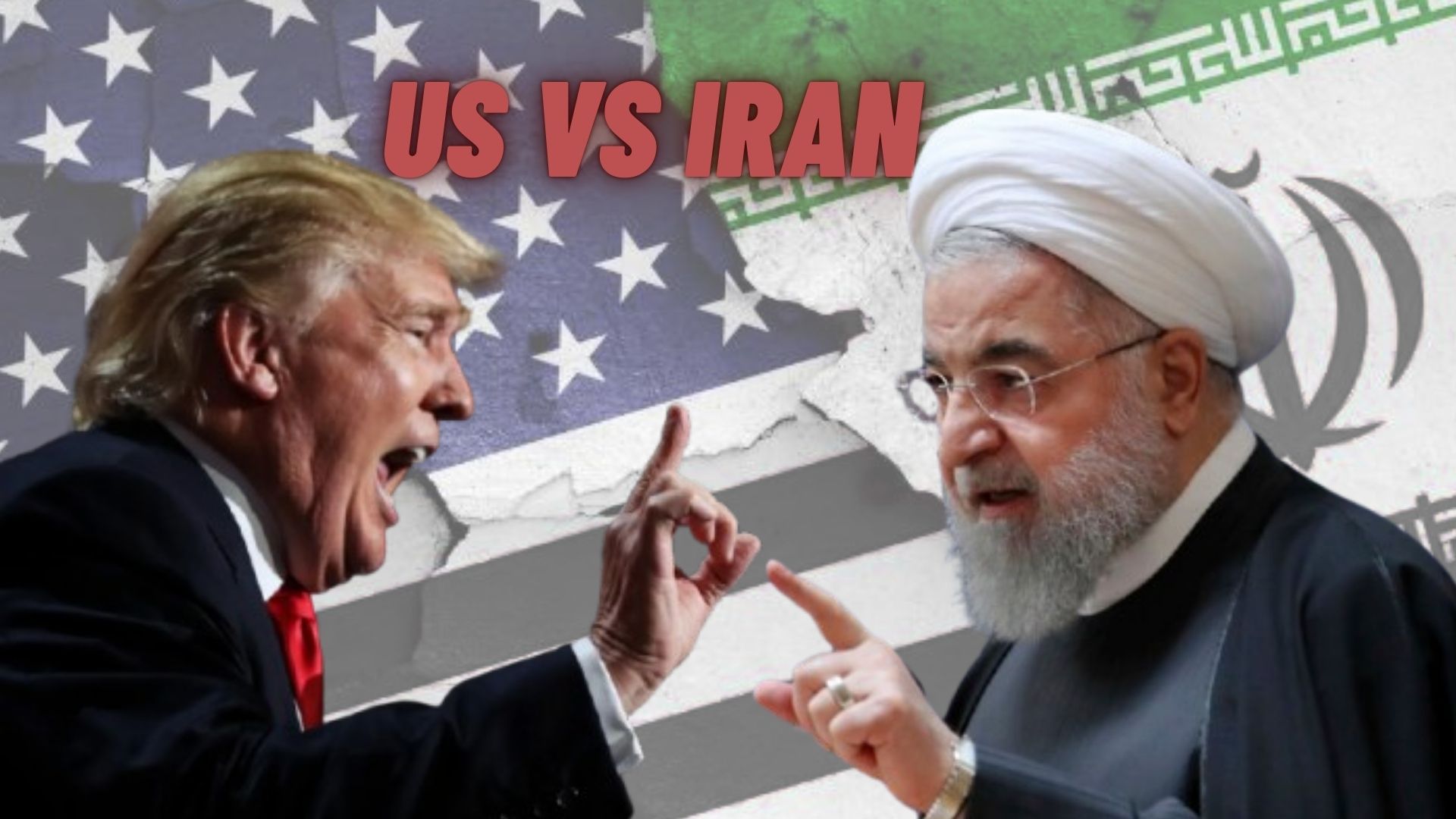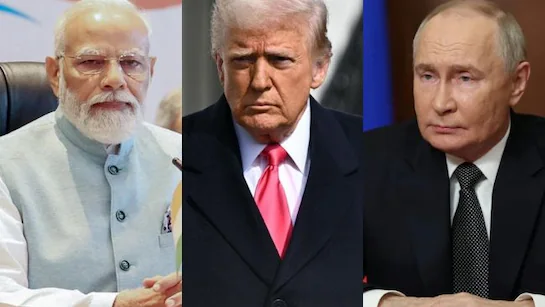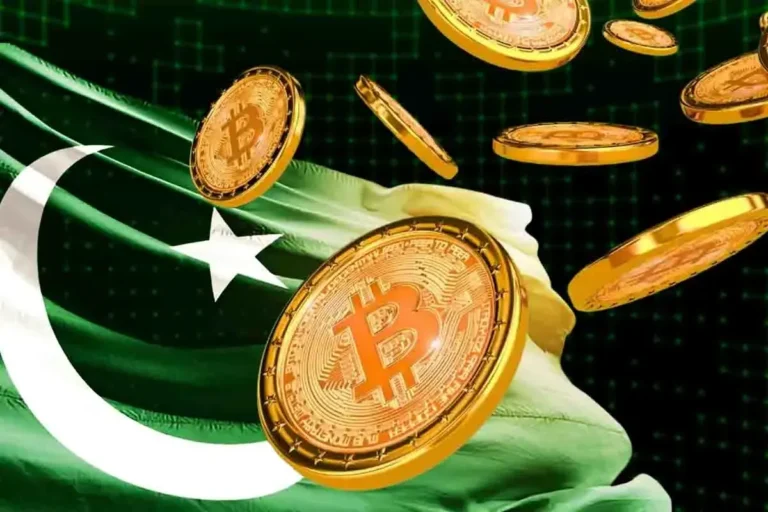They snatched our Gwadar from us. They snatched our Sepak from us. The most underdeveloped and neglected region Balochistan. The biggest sin of Pakistan. It has priceless treasures under its land. But there is a horrifying scene of rebellion above the land.
It would not be wrong to say that in future Pakistan will be seen in many pieces. A few years ago, India’s National Security Advisor Ajit Doval said, “You can do one Mumbai and you may lose Balochistan”. If Pakistan attacks India one more time, it will lose Balochistan and this seems to be coming true.
This time, it is not India but Pakistan’s own people who are behind its destruction. A simple and clear message to China and Pakistan to withdraw immediately from Balochistan. We are not Pakistanis. This is not a statement by the Baloch. This is a war against Pakistan and these people are called the Balochistan Liberation Army. On 2 May 2025, this organization launched an operation to give a final turn to its freedom struggle that has been going on since 1947. The purpose of which was to launch a large-scale attack against the Pakistani military and intelligence agencies in Balochistan. And this is named Operation Hero 2.0. Not only this, on 9 May 2025, a prominent Baloch nationalist leader and human rights activist Mir Yar Baloch declared Balochistan independence from Pakistan. But the biggest question is why Balochistan wants freedom?
Balochistan’s freedom struggle: historical background and the beginning of the rebellion
Balochistan is the south western province of Pakistan which borders Afghanistan, Iran, Punjab province and Sindh province of Pakistan as well as the Arabian Sea. Balochistan covers 44% of the total land of Pakistan. But only 5% of the total population of Pakistan resides here. Out of which mainly Baloch people live. To understand the demand for independence of Balochistan in detail, let us go a little back in time. When the British left South Asia on 15 August 1947, about 500 princely states became legally independent. At that time, the British had said that if they want, these princely states can join India or Pakistan. And if the princely states want, they can also keep themselves independent. At that time, there used to be four princely states in present-day Balochistan. Kharan, Makran, Lasbela and Kalat. One of these princely states, named Kalat, wanted to keep itself independent. While the rest of the princely states joined Pakistan.
In the beginning, Mohammad Ali Jinnah, who founded Pakistan, accepted the sovereignty of Kalat. But this independence of Kalat did not last long. In the year 1948, Pakistan forcibly took control of Balochistan. After that Pakistan adopted every moral and immoral method to suppress the voice of the people there i.e. the Baloch people. But the Baloch people who want independence do not stop protesting against the Pakistani rule. And in a few years, this protest takes the form of a rebellion and from here begins an unbroken chain of rebellion in which Pakistan is burning even today.
Balochistan insurgency: One Unit policy, Nawab Nauroz Khan and the beginning of the Baloch Liberation Army
For the first time, the fire of a big rebellion is fueled when Pakistan brings the One Unit policy. The purpose of which was to merge Balochistan with West Pakistan. On hearing this policy of Pakistan, the blood of the Baloch people who want independence boils. They carried out a big rebellion in 1954 in protest against this policy. After that, many other small rebellions also took place and this series of rebellions continued continuously. But it was of no use because Pakistan implemented the One Unit policy in the whole of Pakistan on 30 September 1955.
Khan Nawab Nauroz Khan of Kalat believed that the One Unit policy would destroy their culture and identity. Therefore, he declared Kalat independent in 1958. Baloch people call Nawab Nauroz Khan as Dada Nauroz. After the declaration of independence of Kalat, Pakistan arrested Nawab Nauroz Khan by deceitfully making him surrender. After that, he is accused of treason and is imprisoned. The cruelty of Pakistan can be judged from the fact that five members of Dada Nauroz Khan’s innocent family, sons and nephews were hanged on charges of treason and helping in the killing of Pakistani soldiers. After that, Pakistan inflicted atrocities on the Baloch people. But it could not eliminate the desire for independence of Balochistan from their hearts.
After the rebellion of 1958, the Baloch separatist movement again gained momentum in the 1960s in which Sher Shah Mohammad Bijrani formed the Balochistan Liberation Army. He created his own rebel bases between 1963 and 1969 and led those who had a similar ideology against Pakistan in guerilla warfare.
Guerilla warfare is a strategy that is based on the hit and run strategy. That is, suddenly attacking the enemy and running away. In this war strategy, the fight is not done face to face but by hiding.
Armed rebellion of Balochistan: Goals of 1963-1973, Inspiration of Bangladesh and Balochistan Pupil Liberation Front
This rebellion, which lasted from 1963 to 1969, had three main goals. The first was to share all the money earned from the gas trade from Pakistan’s Sui gas fields with the tribal leaders so that that money could be used for the development of the place. The second goal was to get the Baloch people who were arrested or imprisoned by Pakistan released and the third goal was to force the Pakistani government to end the One Unit policy. Even after many small and big rebellions, the Baloch people failed. The result of which was that the desire for freedom that was burning inside the Baloch people for many years was slowly getting pacified.
But in 1971, Bangladesh became independent. Which used to be a part of Pakistan till 1971 and was called East Pakistan. This independence of Bangladesh increased the slow fire of independence of Balochistan many times more. On which the Baloch leaders demanded self-rule over Balochistan from Pakistan. But in 1973, Pakistan’s President Bhutto, citing treason, dismissed the provincial government of Balochistan and North West Frontier Province, which is currently known as Khyber Pakhtoon Khwa, and imposed martial law on those areas. The result of this was that the Baloch people who were fighting for their motherland till now, now had to fight for their rights and honor as well.
Martial law is called military law in simple language. After the imposition of martial law, the army has the right to rule in a country or state instead of the government. This law is mainly imposed in emergency situations. Like there is unrest or riots in any area or some major disaster has occurred.
After this decision of Pakistan, discontent in Balochistan increased further. Due to which there was an armed rebellion there. For this, Khair Baksh Marri formed an organization named Balochistan Pupil Liberation Front, which was a rebel group and under its leadership, tribes like Marri and Bengal started a guerilla war against the central government. In response to this, the Pakistani army caused heavy damage to the separatists with the help of Iran. After which the protests declined. But this was not the end of any kind.
“Balochistan’s Conflict in the 21st Century: Gwadar Port, Gas Project and the Fight for Independence”
At the beginning of the 21st century, huge investments were made in the development of Gwadar Port in Balochistan and in the gas project. But the local people did not get any benefit from it. Due to which the conflict in Balochistan gained new momentum and once again arms were raised against Pakistan. Pakistan started a military operation in response to the protests. The special thing about this military operation of Pakistan was that the Baloch people were disappearing day by day and the number of Balochs missing is said to be in thousands and after this rebellion, many rebellions took place in 2006, 2009, 2014, 2018 and since 2019 the rebellions took the form of a volcano and Pakistan is still burning in its lava.
No one else but Pakistan itself is responsible for its destruction. On 2 May 2025, the most active organization of Balochistan, the Balochistan Liberation Army, launched Operation Hai 2.0. The purpose of which was to launch a large-scale attack against the Pakistani military and intelligence agencies in Balochistan. And after that on 9 May 2025, finally a prominent Baloch nationalist leader and human rights activist Mir Yar Baloch declared independence of Balochistan from Pakistan and after which all the militant organizations there became active.
“Four major causes of the Balochistan insurgency: culture, exploitation, neglect and human rights violations”
There are mainly four reasons for the rebellion in Balochistan and separation from Pakistan. The first is to save their culture and identity. There are many records of human settlements in Balochistan dating back to 7000 BC which is before the Indus Valley Civilization. Therefore, the movement of Balochistan is not only political but also to save their culture. The Baloch people are also fighting to save their language, music, dress and traditional lifestyle. They believe that One Nation, One Identity will destroy their identity. The biggest allegation made by the Baloch people is that the Balochi language has been denied from their schools and local history has been removed from their curriculum. Due to which their culture and their history are in danger. This fight for identity is increasing anger and a sense of alienation among the Baloch people. The second reason is the economic exploitation of the Baloch people and the plunder of resources. Balochistan covers about 44% of Pakistan’s land which is rich in natural resources and this is why Balochistan provides energy and minerals to Pakistan’s economy which includes natural gas, gold, iron, coal and much more. This state which supports Pakistan’s economy is still yearning for basic things. There are neither good roads, nor any good hospitals nor good schools. Chinese companies have taken over the projects like Gadar Board. Due to which the local fishermen have lost their livelihood. The Baloch people say that their lands were exploited but they got nothing except land, unemployment and humiliation. The third reason is the political neglect and exclusion of Baloch leaders from power. Baloch leaders and common people complain that they are not included in the decisions of their state. Decisions are imposed from Islamabad without their opinion. Leaders who oppose them are called traitors and put in jail or sent out of the country. The Balochistan Assembly has become a nominal body. The real power lies with the army and intelligence agencies, due to which a deep gulf has been created between the Baloch leaders and the common people. The fourth and most important reason is the violation of human rights of the Baloch people and militarization. The Baloch people say that the Pakistani army and Pakistani police are forcibly making the Baloch people disappear. They have taken away our Gwadar from us. They have taken away our SIP from us. We do not ask for anything from them. We only ask for our men from them. And many times such cases have also been seen that they are killed without any court case. False encounters and fake encounters have become a common thing there. Do you know that if your uncle has done something then take action. What can he do? He has a small daughter and he asks me without any reason that when people raise their voice against this, then their voice is suppressed by calling these incidents as action against terrorism.
“Enforced Disappearances and the Rise of Militancy in Balochistan: Terrorists or Freedom Fighters?”.
A report published by Human Rights Watch recorded more than 8000 disappearances from Pakistan between 2011 and January 2024 and the Pakistan Commission of Inquiry on and Forcible Disappearances has recorded more than 10,000 cases of forced disappearances from Pakistan. Out of which more than 2700 people have disappeared from Balochistan. But the figures of human rights organizations are much higher than this. It is said that whenever the scale of injustice becomes heavy, then someone definitely comes forward as a messiah. Due to all these injustices in Balochistan, Baloch militant organizations were born. Many armed organizations are active in Balochistan. Such as Balochistan Liberation Army, Balochistan Liberation Front and Baloch Republican Army. All these organizations have only one objective. Independence of Balochistan. Pakistan calls them terrorists. Whereas Baloch supporters call them freedom fighters. Curious people, what do you think? Are Baloch people terrorists or freedom fighters?
